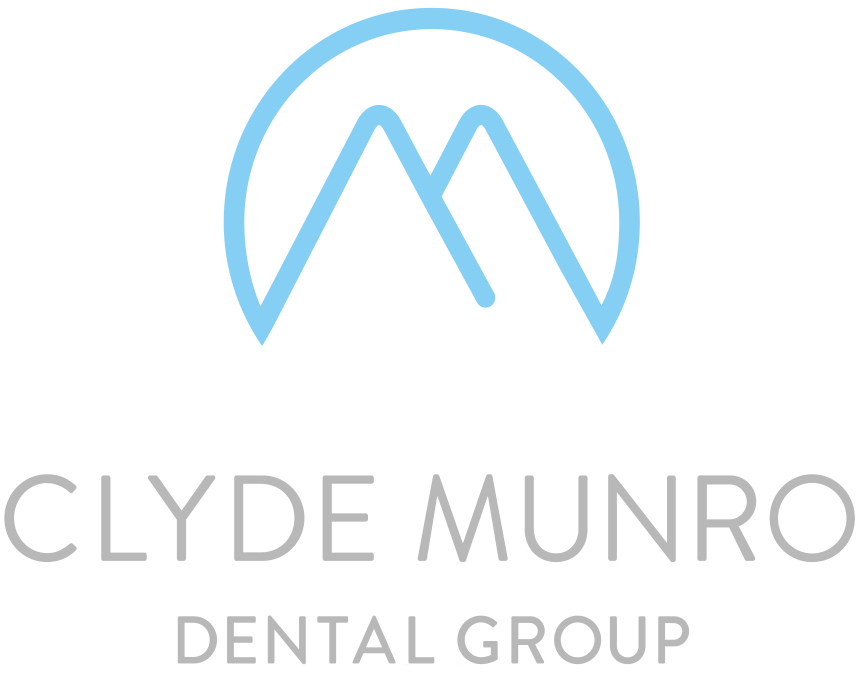When you think of an attractive smile, most people just think of the teeth. However, one of the most important parts of a smile is the gums, because the gum and bone are the supporting structure for your teeth. The gums also act as a barrier, protecting the underlying jawbone from encountering the bacteria that is naturally present in the mouth. In other words, without healthy gums, you can’t have a healthy smile!
Why is dental hygiene so important?
You probably don’t know it but gum disease is the leading cause of tooth loss in adults, and can even have proven links with other more serious general health conditions.
Although most adults will suffer from some form of gum disease within their lives, the good news is that it is entirely treatable if discovered in the early stages. It is advised that a good oral care regime of brushing thoroughly can prevent gum disease.
The gums act as a protective barrier that prevents the natural bacteria in the mouth from damaging the underlying jawbone. If plaque is not properly removed and builds up around the gums it can cause inflammation, which is the start of gum disease. At this stage, the inflammation can cause the gum to pull away from the teeth creating a gap, allowing the bacteria to move below the gum line, reaching the jawbone. This can lead to tooth loss if left untreated.
Dental hygiene is crucial in managing gum health, which is why it is so important. A clean mouth is less likely to develop tooth decay, gum disease, and other oral problems, keeping your smile beautiful for the longer term.
Taking care of your teeth and gums
Plaque is the number one enemy of a healthy smile, causing tooth decay, gum disease, bad breath, and bleeding gums. The good news is that looking after your teeth and gums with an excellent oral hygiene regime is your mouth’s best defence against disease.
Brushing your teeth for two minutes, twice a day is vital. Try thinking of your mouth in four sections – top right, top left, bottom right, and bottom left – and spend 30 seconds brushing each quadrant paying attention to each surface in that section.
This is the best way to give your teeth a thorough clean every time. Brushing with an electric toothbrush, such as the Philips Sonicare will provide you with a cleaner, healthier result compared to manual brushing. It also links to an app on your smartphone that will help you reach all areas of your mouth for the most robust brushing routine and excellent oral health.
Cleaning between the teeth, or interdental cleaning, is just as important as toothbrushing and should be carried out at least once per day. Food and bacteria can easily become trapped between the teeth, which is why your dental team will always emphasise the importance of flossing teeth. There are many tools and techniques that can be used for this including dental floss and interdental brushes. Your dental hygienist will be able to show you the different types and make suggestions for you based on your own oral health needs.
It is also useful to know the signs of gum disease. These include bleeding when you brush or floss your teeth, red, swollen or tender gums, bad breath or a bad taste in your mouth. You can also look out for signs of plaque build-up, especially in areas that are harder to clean, such as the back of teeth and around fixed orthodontic retainers.
Maintaining good oral health
Even the most diligent home dental care routine will always leave some plaque behind because it’s an invisible bacteria that builds up on your teeth and gums. This plaque will become tartar after a while, which is a harder substance that only a dentist or dental hygienist can remove. Ensuring you attend your regular dental hygiene appointments goes hand in hand with your home care routine for healthy teeth and gums.
Regular visits to your dental hygienist are vital for maintaining healthy teeth and gums, even if your home care routine is excellent. During your appointment, your hygienist will check your gum health, remove plaque build-up and provide oral care advice to help you maintain healthy teeth between appointments.
Your hygienist will advise if you do have gum disease and, if so, what stage it is at. In most cases, a professional scale and polish to remove the tartar and boosting your oral care routine will help reverse the problem. We will also recommend attending more regular hygiene appointments if gum disease is present so that we can monitor your oral health and ensure you have the necessary support to allow an improvement in your dental health.
Regular dental hygiene appointments are essential to keep your oral health on track. Have you had a hygiene check-up recently? Perhaps it is time to pick up the phone and book one.




